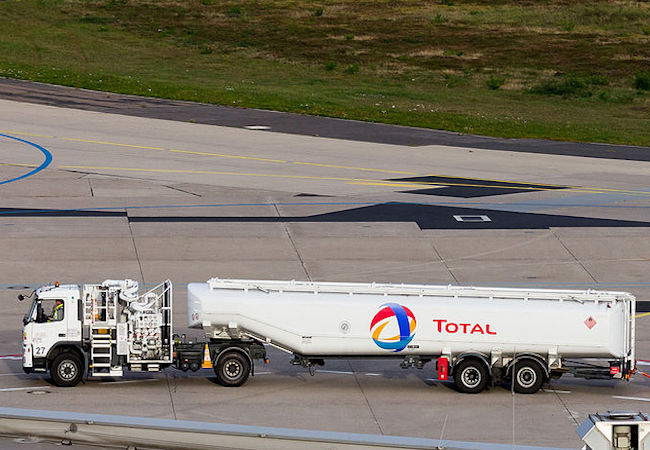
By Kate DeAngelis
The COVID-19 pandemic has forced large portions of the population to stay home and left millions out of work. Farmworkers, grocery workers, medical professionals, and other frontline workers are forced to put themselves at risk in order to provide everyone with the food and healthcare needed to make it through this pandemic. Ensuring that these frontline workers are safe and have the resources they need is of the highest priority.
Yet, in northern Mozambique, companies like Total – the French energy giant – are attempting to putting their profits above the protection of their workers. Reportedly, Total, which recently acquired oil and gas reserves that were formerly owned by the U.S. company Anadarko – a company that received $5 billion from the U.S. Export-Import Bank (EXIM) last September, at first refused to halt or even slow its work in northern Mozambique. They lost precious time and failed to take early action that would have stopped an increase in the number of cases.
There is no question that COVID-19 is quickly spreading in the region. An undisclosed number of Total’s own workers have tested positive for the coronavirus. The gas development is responsible for two thirds of Mozambique’s COVID-19 cases, making it the epicenter of Mozambique’s outbreak. While Total has put the site under lockdown, it is unclear exactly which activities it has stopped, what safety measures it has put in place for its workers and the surrounding community, and exactly how many people have the virus.
The thousands of workers that it takes to construct fossil fuel projects in rural or remote areas often live in cramped quarters (sometimes called man camps), which allow for quick spread of the virus. Total’s delay in stopping its operations and unclear plans for controlling the virus’s spread puts not only its workers, but also the surrounding villages at unnecessary risk.
The surrounding communities have scarce resources to manage the spread of the virus for themselves, let alone for additional fossil fuel workers. The local health system will most likely find itself strained beyond the breaking point if COVID-19 spreads in the area. Fossil fuel and related infrastructure companies have the ethical responsibility to protect the health and safety of both their workers and the broader community and halt all work while the region works to contain the spread of coronavirus.
Resources are limited, and it is of the utmost importance that only workers involved in essential businesses – supermarkets, pharmacies, farms – are continuing to work outside their homes at this time. The construction of fossil fuel infrastructure does not fall into this category. Workers on projects that are years away from producing fossil fuels should not be putting their lives and surrounding communities at risk so that multinational corporations can continue to make a profit.
Moreover, these workers should be getting direct support while they are not working in the form of paid leave. On the other hand, their fossil fuel company bosses, who have made poor financial decisions for years, should not be the ones to financially benefit from any government support or stimulus in response to COVID-19.
Last September, EXIM, the U.S. finance agency that has provided billions of dollars to projects every year in the name of exports, committed to its largest transaction in its history – $5 billion – for Mozambique LNG. Five days after EXIM approved this $5 billion for Anadarko, Total purchased these Mozambican gas assets from Anadarko.
As a key financier in the project, EXIM must now use its leverage to demand that all work ceases on this and other projects like it, until the health and safety of the workers and local communities can be assured. EXIM has the responsibility to make sure that U.S. taxpayer dollars are not being used to support projects that are putting people’s lives at risk. All the fossil fuel and related companies involved in the LNG development in northern Mozambique, such as Exxon, Italy’s ENI, and Portugal’s Galp, should cease operation.
EXIM has a history of supporting projects that have been dangerous for workers, resulting in deaths, such as the Sasan coal plant and mine in India, but EXIM does not have to make that same mistake in Mozambique.
Beyond this one project, COVID-19 should make us rethink the way we treat the planet and use its resources. We must take this time for reflection and learning. The way the U.S. and other governments have conducted business, encouraging the exploitation of fossil fuels must change. We did not listen to scientists about the potential of a pandemic, but we do not have to repeat this mistake with climate change. EXIM and other financial institutions must immediately end their subsidization of the fossil fuel industry.
Kate DeAngelis is an international policy analyst at Friends of the Earth, working to end public financing for fossil fuels and give a voice to affected communities.




